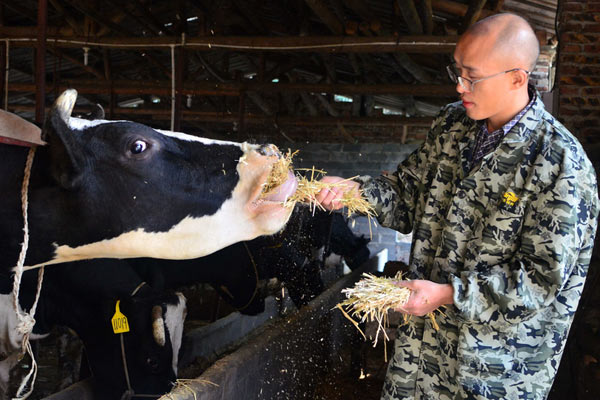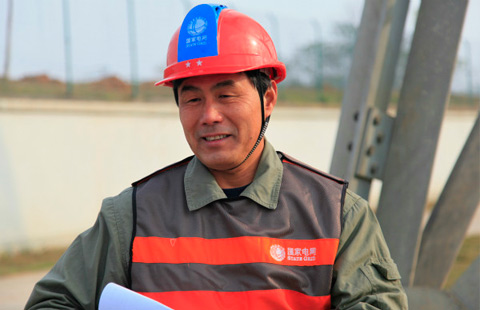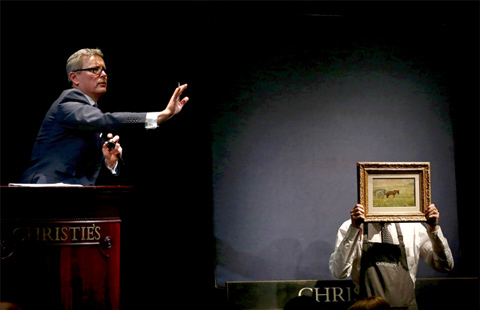Jet-set life takes off for China's super-rich
The average spending of HH Travel's clients last year was approximately 100,000 yuan each despite the fact the country's high-end travel market is still in its infancy.
China has more than 2.7 million people with personal assets of more than 6 million yuan and 60 percent of them are willing to choose luxury travel, which seems like a gold mine in the eyes of not only HH Travel but also some smaller travel agencies across the country.
"I don't have any fixed schedules for our clients. If any of them approaches me, I'd ask what they want and make a private and customized travel plan for them," said Lu Leying, who's responsible for the Shanghai-based high-end travel agency My Tour Traveling Consulting's marketing department.
She said HH Travel's offer of standardized tourism products was only for "the rich without too much thought going into what they want" due to a lack of travel experience. "They're not that demanding because China's high-end tourism market is still emerging and needs more education," said Lu. She added My Tour, which was launched in 2007, has borne witness to the development of the emerging market.
"Back then (in 2007), the Maldives was the luxury travel destination for Chinese people but now they are islands everybody can afford. Mauritius and Tahiti are the new 'luxury'," said Lu.
Heimoana Liu, Tahiti Tourism chief representative for Greater China, agrees with Lu. "We are educating Chinese travel agency staff by sending them to Tahiti to experience at least three islands, a couple of hotels and the maritime activities so that they can go back home with more information for their potential clients," said Liu.
Tahiti sees an average of 1,400 Chinese tourists every year, less than 1 percent of its total market led by the more sophisticated European and American travelers. Nonetheless, Liu is confident about the future of French Polynesia's Chinese market after he observed the approximate 12.5 percent increase in the number of Chinese who went there last year. "I'm expecting a 20 percent increase this year," he said.
However, not every small service provider targeting the high-end tourism market in China is a fan of customization. For Wang Yang, chief operating officer of Zanadu, a Beijing-based online travel service established last year, personalization also means high costs.
"It's going to be difficult to recreate a highly customized product on a large scale," said Wang, adding that the cost, resources and time investment in a highly customized service are high and that's part of the reason why Zanadu aims to build a community of like-minded travelers first.
The target demography, according to Wang, includes the relatively younger generation of the post 70s, 80s and even 90s - people who dare to spend more on traveling compared with their parents.
Although luxury travel agencies across the country are trying everything they can to attract well-heeled tourists and, more importantly, their fat wallets, some insiders, however, are not that optimistic they will succeed, at least in the short term.
"It's not the best time for China to promote the luxury travel market judging by the big economic trend right now, especially given the fact the central government is fighting corruption. In China, junket tours account for a large percentage of the country's high-end market," said Zhao Huanyan, a senior researcher at the Tourism Research Institute under the Shanghai Academy of Social Sciences. He is also an analyst with Hotelsolution Consulting.
According to the Hurun Report Chinese Luxury Consumer Survey 2013, the Chinese super-rich went overseas less in 2012 - on average 3.4 times compared with 4.2 in 2011. They were also on the road less than the year before, at 9.2 days a month, three days fewer than the figure in 2011.
shiyingying@chinadaily.com.cn

















